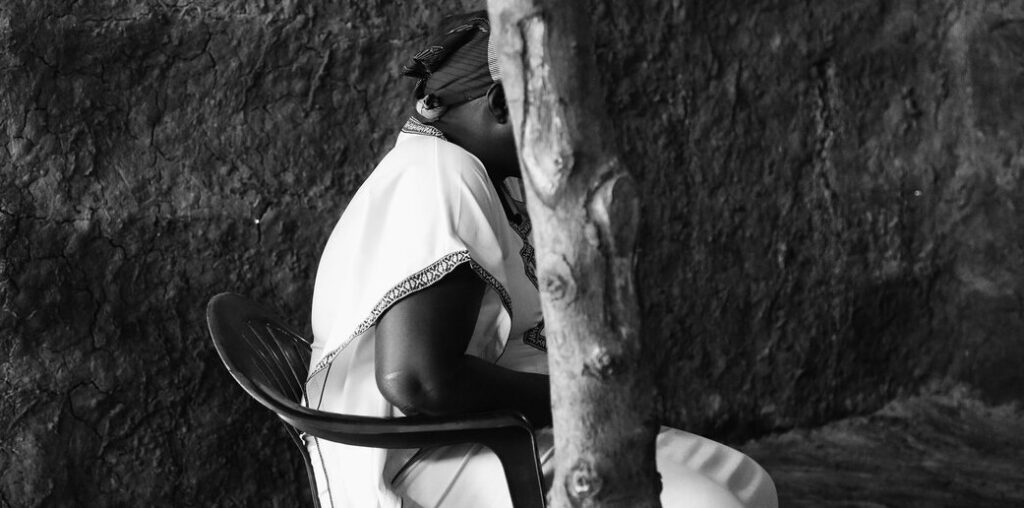A group of South Sudanese women leaders and activists has expressed concern over the rise in unsafe abortions among young girls living in the Juba Internally Displaced Persons (IDP) camp, formerly known as the Protection of Civilians (POC) site.
Their outrage follows a disturbing report released by authorities, revealing that 143 abortion cases were recorded between January and June 2025 in the camp alone. The figure, described by local leaders as “heartbreaking,” has sparked calls for immediate intervention to protect vulnerable girls and women living in desperate conditions.
“This is already a crisis,” said Jone Suku Simon, a gender specialist with the Concern for Women and Children’s Organization. “It’s not only the girls — sometimes even mothers are forced into abortions due to hunger, insecurity or lack of support. But it’s the girls who suffer most, silently.”
Simon, who works closely with orphanages and schools near the IDP camp, warned that the combination of poverty, early pregnancies, drug abuse and weak parental supervision is pushing many girls toward secret and dangerous abortions.
She urged mothers, teachers and health workers to take greater responsibility in protecting and educating girls.
“If we don’t monitor our girls, if we don’t guide them, this will continue. Some even get help from unqualified people to remove pregnancies, and they end up dying or permanently damaged,” she said.
According to Asunta Adwok, human rights coordinator at the Juba IDP camp, many of the abortions are carried out in secrecy, with fetuses often being disposed of in waste dumps or latrines.
“These cases have reached 143 according to reports, and the number is still growing,” Adwok told Radio Tamazuj. “The root causes are complex — neglect, sexual violence and lack of support after unintended pregnancies.”
She explained that many girls become pregnant either through rape or relationships in which the men refuse responsibility.
“A girl may get pregnant by mistake, and when she finds no help or someone to take responsibility, she resorts to this,” Adwok said. “But pregnancy is not a shame. With the right support, these girls can still complete their education and live dignified lives.”
Zainab Osman Kiri, executive director of the Women and Youth Empowerment Initiative, stressed that many girls abort their pregnancies because they fear the social consequences. In some cases, victims of rape are either forced to marry their attackers or sent away by their families, she said.
“Imagine being pregnant and knowing that your family will marry you off to your attacker. That’s what these girls are dealing with,” she said. “We must talk to them, guide them and hold the men responsible accountable. The girls didn’t get pregnant alone.”
Zainab urged civil society and women’s rights organizations to visit the camps, speak directly with the girls and investigate the root causes of this growing tragedy.
Mary Agol John Deng, secretary-general of the Women’s Union Council, echoed the urgent need for a national response. She blamed the surge in unsafe abortions on the breakdown of family structures, poverty and trauma caused by years of conflict and displacement.
“These girls come from unstable families. They are left unsupervised in camps with no access to education, guidance or health care,” she said. “They turn to gangs, drugs and then to abortion because no one is there to help.”
Agol called on government institutions, women’s associations and international nongovernmental organizations to collaborate on a comprehensive plan to protect and empower displaced girls.
“We need to rebuild the values we lost. If we don’t act now, we will lose the next generation of girls who were meant to lead this country.”
Wuor Keah Duach, a member of the security watch group Nuer Ka Nguan (N4), confirmed that his team has witnessed several cases of abortion, including fetuses found on top of latrines in the camp.
“It’s hard to catch the girls in the act because they do it secretly and disappear. But we’ve seen the aftermath,” he said. “These children are blessings from God, and we ask the girls not to throw their lives away.”
As women leaders raise their voices, they are demanding not only justice and support for the girls but also national attention and coordinated action to stop the crisis before more lives are lost.
“We don’t want South Sudan to be known for this,” said Zainab. “These girls are our daughters. They deserve better.”




